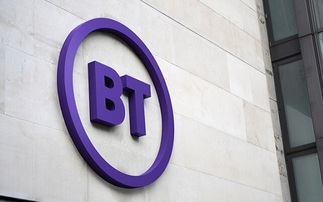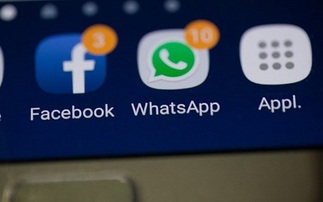Residents in remote area enjoy an average download speed of 7Mbit/s
BT and Everything Everywhere are to extend their 4G LTE trial in Cornwall after communications regulator Ofcom agreed to renew their licence until June 2012. The two companies said that the lice...
To continue reading this article...
Join Computing
- Unlimited access to real-time news, analysis and opinion from the technology industry
- Receive important and breaking news in our daily newsletter
- Be the first to hear about our events and awards programmes
- Join live member only interviews with IT leaders at the ‘IT Lounge’; your chance to ask your burning tech questions and have them answered
- Access to the Computing Delta hub providing market intelligence and research
- Receive our members-only newsletter with exclusive opinion pieces from senior IT Leaders






















